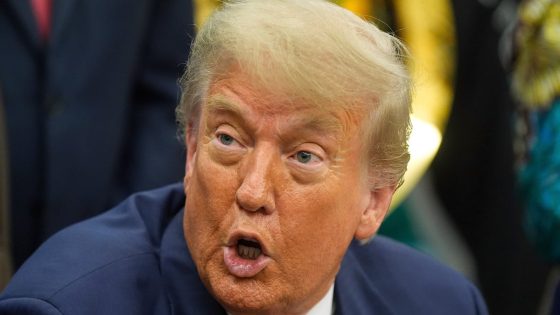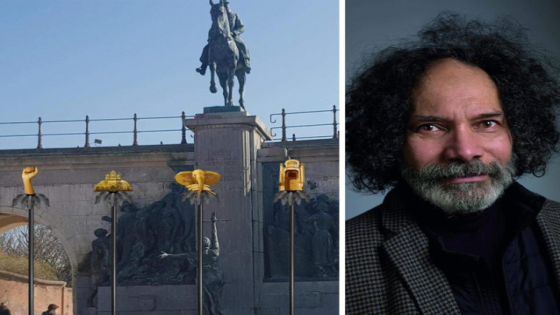President Donald Trump recently stirred controversy by proposing new tariffs on Japan during an interview with Fox News. In a moment that caught many off guard, he forgot the name of Japan’s Prime Minister, referring to him as “Mr. Japan.” This slip occurred as he discussed his plans to send letters regarding tariffs before the pause ends on July 1, 2025.
- Trump proposes new tariffs on Japan.
- Forgets Japanese Prime Minister's name.
- Criticism over "Dear Mr. Japan" phrase.
- Japanese cars mostly built in the U.S.
- Tariffs aimed at boosting U.S. production.
- Social media reactions highlight Trump's gaffe.
Trump emphasized that it’s unfair for the U.S. to import millions of Japanese cars while Japan imports few American vehicles. He suggested that Japan could offset this trade imbalance by purchasing more U.S. products, including oil. Critics quickly took to social media to express their disbelief over his faux pas, questioning how a leader could negotiate effectively without knowing the name of a major ally’s leader.
This incident raises important questions about diplomatic engagement. How can effective negotiations occur if leaders are unaware of basic facts? Consider these points:
- Trump’s tariffs aim to boost U.S. manufacturing.
- Japan already produces many cars in the U.S., reducing tariff impact.
- Public perception of Trump’s gaffe may affect international relations.
As the July deadline approaches, it will be crucial for the U.S. to maintain strong diplomatic ties with Japan. How will these developments shape future trade policies?































